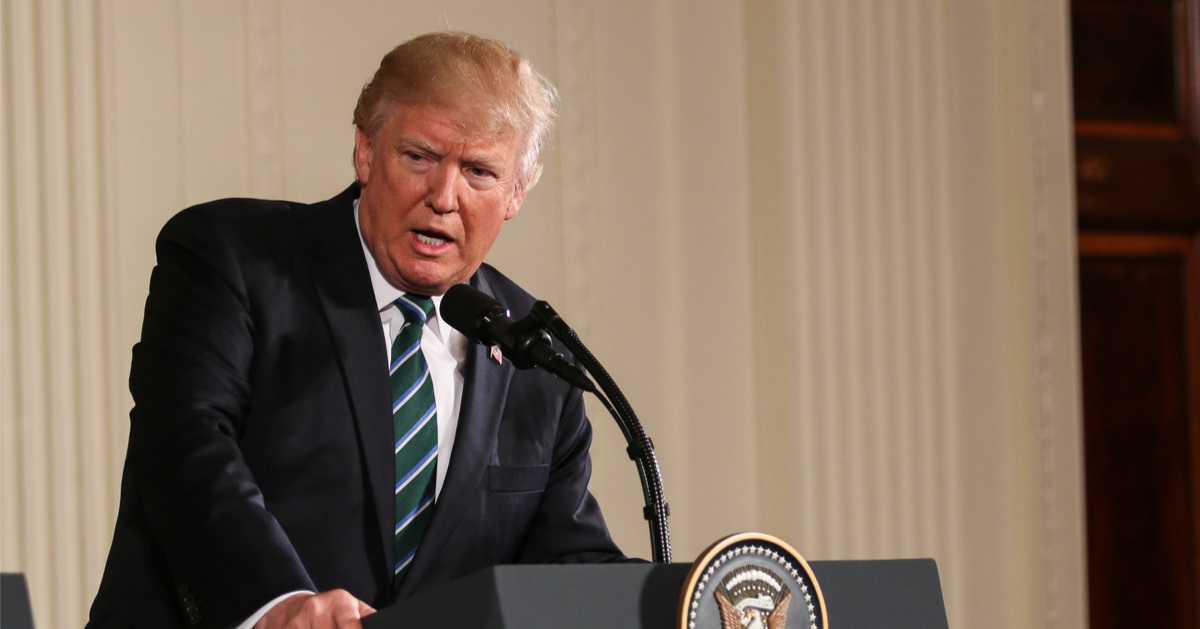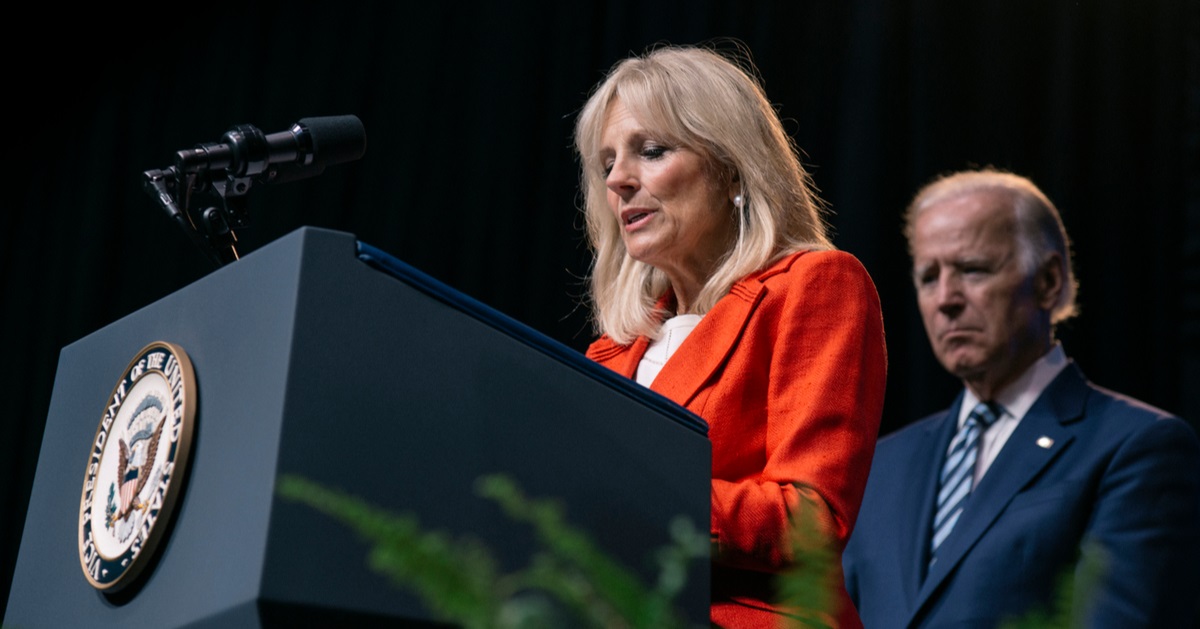Federal judge issues injunction against Kansas Highway Patrol's unconstitutional 'Kansas Two-Step' traffic stop tactic
The Kansas Highway Patrol was just busted by a federal judge for engaging in a particular tactic against predominately out-of-state drivers that was determined to be a violation of their constitutional rights.
On Monday, a permanent injunction was issued that prohibits the KHP from using a traffic stop tactic dubbed the "Kansas Two-Step" while ostensibly looking for drugs that are illegal in the state, such as marijuana, according to the Associated Press.
The "Kansas Two-Step" typically involved a KHP trooper ending an initial traffic stop of a vehicle with out-of-state plates with a citation or warning, taking two steps back toward the patrol vehicle, and then immediately returning to the stopped vehicle for a secondary "consensual" and "voluntary" conversation that was little more than a pretext to allow more time to develop probable cause for a search or to await the arrival of a drug-sniffing dog.
Troopers were violating Fourth Amendment prohibitions
The AP reported that the permanent injunction against the KHP tactic was "not unexpected" in light of an initial ruling in July in which U.S. District Judge Kathryn H. Vratil came down hard on the Kansas law enforcement agency for its repeated actions that were deemed to be a violation of the prohibition against unreasonable searches and seizures.
In a 79-page ruling in July, Vratil noted how Colorado and Missouri had legalized marijuana on either side of Kansas and wrote, "Meanwhile, in the name of drug interdiction, the Kansas Highway Patrol ('KHP') has waged war on motorists -- especially out-of-state residents traveling between
Colorado and Missouri on federal highway I-70 in Kansas."
"As wars go, this one is relatively easy; it’s simple and cheap, and for motorists, it’s not a fair fight," she continued. "The war is basically a question of numbers: stop enough cars and you’re bound to discover drugs. And what’s the harm if a few constitutional rights are trampled along the way?"
Vratil went on to describe at length how KHP had "developed a work-around" to the pesky prohibitions of the Fourth Amendment that relied in part on exploiting the general "ignorance and timidity of the motoring public" in order to obtain the necessary consent, probable cause, or reasonable suspicion to conduct a search for drugs -- particularly involving vehicles coming from or going to Colorado and Missouri, which troopers often referred to as "drug destination" or "drug source" states.
Injunction issued; new policies and training ordered
"The KHP has not satisfied its burden of proving that its policies and practices satisfy the Fourth Amendment; troopers unlawfully detain motorists based on factors which do not satisfy the low bar of reasonable suspicion, and the KHP has not shown that such motorists give constitutionally valid consent to the prolonged periods of detention which they confront," Judge Vratil wrote in the July ruling.
"Such policies and practices must be condemned as unlawful," she added. "Furthermore, because traditional legal remedies are inadequate to ensure the KHP’s compliance with its constitutional obligations, declaratory and injunctive relief must be awarded to plaintiffs."
According to The Kansas City Star, the "legal remedies" that Judge Vratil, an appointee of former President George H.W. Bush, has now decided upon include a four-year injunction that explicitly prohibits the KHP from using the unconstitutional traffic stop tactic that essentially places the law enforcement agency under court supervision for the duration of that period of time.
In addition, KHP troopers are now barred from considering a vehicle's origin or destination in making a stop and must proactively advise drivers that a traffic stop has concluded and they are free to go if the trooper wants to ask any additional questions or stall for time.
On top of that, the agency was also ordered to thoroughly revise its policies and procedures for traffic stops, to include more specific documentation and advisement of rights, and to develop a new mandatory and continuing training curriculum for troopers in conjunction with the American Civil Liberties Union of Kansas, which represented several aggrieved out-of-state drivers in the lawsuit.
A "huge win" for the civil rights of motorists
Following the initial court victory in July, the ACLU of Kansas' Legal Director Sharon Brett said in a statement, "This is a huge win -- for our clients and for anyone else who travels on Kansas highways. We are gratified that the Court saw the ongoing harms of KHP’s unconstitutional practices and stepped in to stop the department’s widespread misconduct."
"Today’s decision validates that motorists’ constitutional rights cannot be cast aside under the guise of a 'war on drugs'. It also demonstrates that courts will not tolerate the cowboy mentality of policing that subjects our citizens to conditions of humiliation, degradation, and, in some tragic cases, violence," she added. "The Fourth Amendment promises all of us protection against unreasonable search and seizure. This case was about sending a clear message to the Highway Patrol. It was past time to put an end to these practices that trampled on the fundamental rights of people traveling Kansas highways."






